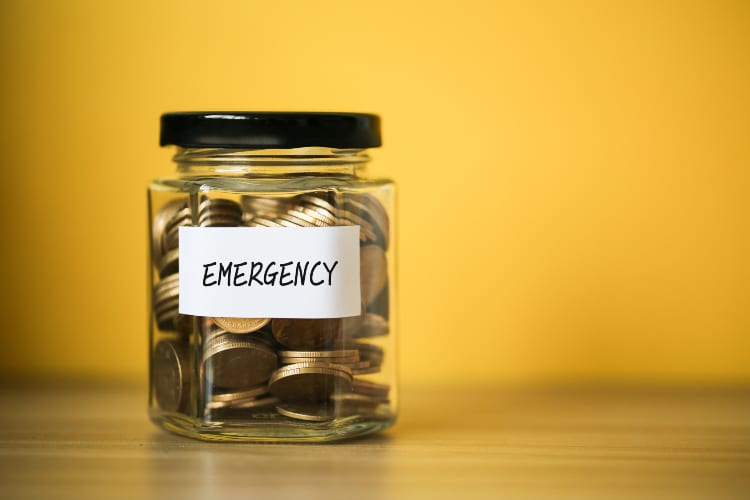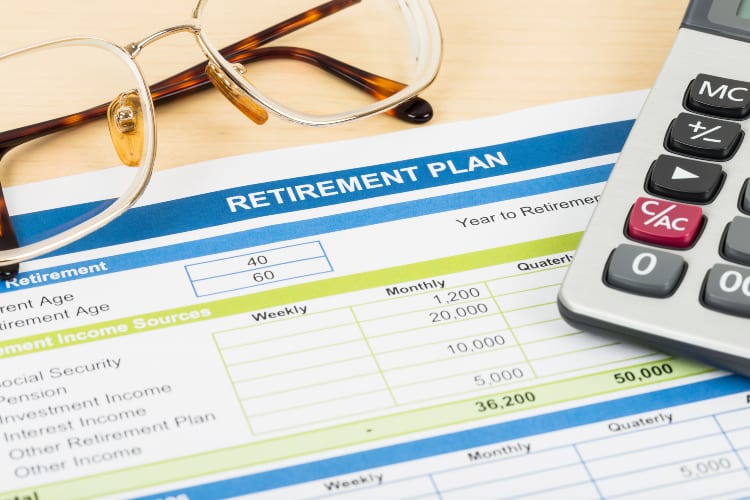
In case you didn’t know, you should be saving a portion of every single paycheck, from your first until your last! How much should you have in your savings? It depends on your age! Let’s break it down…
Emergency Fund

One of the primary reasons you should save is for an emergency fund. It does not need to be massive; your emergency fund should be enough to support you in the event of a difficult financial situation. From a car breakdown to a roof leak, an emergency fund can help one out in the most desperate of situations.
“For a working individual earning income, the goal should be to have just enough cash to provide an emergency buffer to protect against any pitfalls that could hinder financial well-being,” says Sergio Garcia, a certified financial planner at Brennan Financial Services. An individual figuring out their emergency fund should include paying the bills, transportation, food, medication, and other household expenses. However, past an emergency fund, you should have something extra in your savings account. Retirement comes rather quickly, after all!
Start Saving In Your 20s

Almost all financial experts agree, one should start saving for retirement in their 20s. In early adulthood, a family of two adults at that age earns around $74,000 – and that’s exactly how much they should have in a savings account by the time they turn 30! Or, if you’re alone, around $37,000. That’s $12,000 as an emergency fund, covering a year of housing, food, health care, and other essential spending, plus more for retirement.
Of course, saving money can seem impossible at first. However, if you start developing small saving strategies, like turning on your banks rounding up feature or saving 5% of each paycheck, things will seem a lot easier by one’s mid-twenties. Plus, remember, many jobs come with some type of 410k or something similar, and that should be included in the saving calculations.
What about in your 30s or 40s, though?
The 30s To 40s

As the years go on, people will, presumably, start earning more and their savings should reflect that. In their 30s and 40s, financial experts recommend that couples put away another or so, leading to a total of $96,000 to $110,000. Of course, those numbers are halved for those without partners. While it might seem like a lot, one of the best ways to boost savings is by having some of your savings in investments that provide returns.
Meanwhile, the emergency fund should also grow, hitting $37,000 by the time someone hits 50-years-old.
The 50s To 60s

Many associate their 50s with a career slowing down and passing skills on to the next generation. However, they should also associate the decade with saving! Not only do those in their 50s make more, with average yearly incomes around $90,000, they also spend less on average. So it’s the perfect time to save! Plus, the more one saves, the sooner they can retire!
By the time you retire, for most around 65-years-old, most retirement experts recommend having somewhere between $700,000 to $1 million in total savings and investment. However, as those in the 60s spend very little, the emergency fund can drop to $14,000-$30,000.
While saving is essential at all ages, this is just a general guideline – life doesn’t consist of numbers and dollar bills, rather than experiences. Don’t hold back when resting, buying a house, or organizing a wedding, while also avoid getting into debt.
